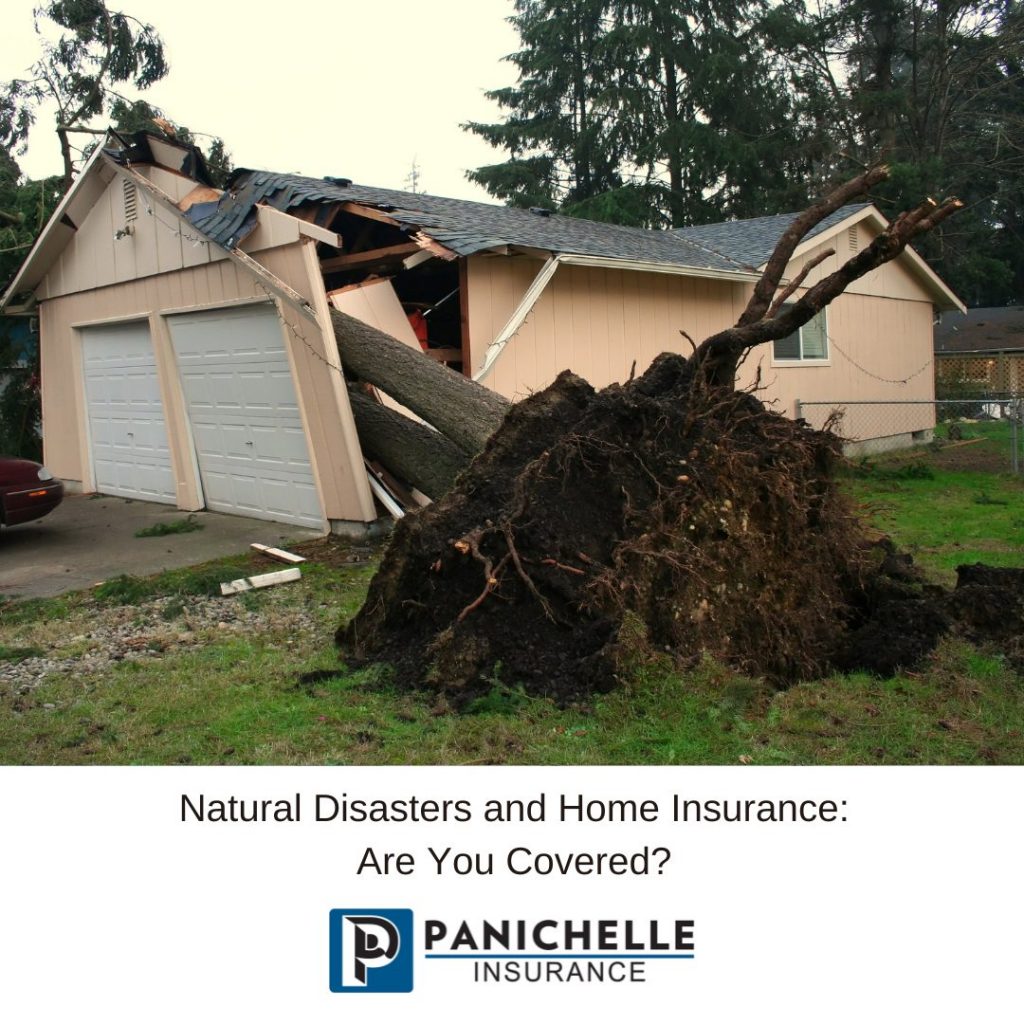Natural disasters can strike at any time, wreaking havoc on homes and properties. From hurricanes and floods to earthquakes and wildfires, these events can cause extensive damage and financial strain for homeowners. While we cannot control when or where disasters occur, having the right insurance coverage can provide peace of mind and financial protection. Let’s explore the importance of understanding natural disasters and home insurance coverage to ensure you are adequately protected.
Know Your Risks: The first step in ensuring you have the right insurance coverage is to understand the natural disaster risks in your area. Different regions are prone to different types of disasters. For example, coastal areas may be at higher risk of hurricanes and flooding, while regions near fault lines are more susceptible to earthquakes. By knowing your risks, you can better assess the type of coverage you need.
Review Your Policy: Once you understand your risks, it’s essential to review your current home insurance policy. Standard homeowners’ insurance typically covers damage caused by fire, windstorms, lightning, and vandalism. However, coverage for natural disasters like floods, earthquakes, and hurricanes may require separate policies or endorsements. Review your policy carefully to determine what is covered and what additional coverage you may need.
Consider Additional Coverage: Depending on your location and the level of risk, you may need to purchase additional coverage for specific natural disasters. For example, if you live in a flood-prone area, you may need to purchase a separate flood insurance policy through the National Flood Insurance Program (NFIP) or a private insurer. Similarly, earthquake insurance may be necessary if you reside in an earthquake-prone region. While these additional policies may come with added costs, they can provide invaluable protection in the event of a disaster.
Understand Policy Exclusions: It’s crucial to understand what is not covered by your insurance policy. Most standard policies have exclusions for certain types of damage, such as mold, sewer backups, and acts of terrorism. Additionally, coverage limits may apply, meaning you may not be fully reimbursed for all damages. Review your policy exclusions and limits carefully to avoid any surprises in the event of a claim.
Document Your Belongings: In the aftermath of a natural disaster, documenting your belongings can help expedite the claims process and ensure you receive proper compensation for your losses. Take inventory of your possessions, including photographs, receipts, and serial numbers where applicable. Store this documentation in a safe place or digitally for easy access in case of an emergency.
Regularly Review and Update Your Policy: Natural disaster risks can change over time due to factors such as climate change, urban development, and infrastructure improvements. It’s essential to regularly review and update your insurance policy to ensure you have adequate coverage for your current needs. Consider consulting with your insurance agent annually to assess any changes in risk and adjust your coverage accordingly.
Emergency Preparedness: While insurance is crucial for financial protection, it’s also essential to be prepared for emergencies. Develop a comprehensive emergency plan for your family, including evacuation routes, emergency supplies, and communication protocols. By taking proactive measures to prepare for disasters, you can minimize potential damage to your home and belongings.
Understanding natural disasters and home insurance coverage is paramount for protecting your home and family. At Panichelle Insurance, we’re here to support you every step of the way, from assessing your risks to reviewing your policy and preparing for emergencies. With our personalized approach and commitment to customer service, you can have peace of mind knowing that your home is adequately protected against whatever challenges may arise. Contact us today to learn more about our homeowners’ insurance options and how we can help you safeguard your most valuable assets.

